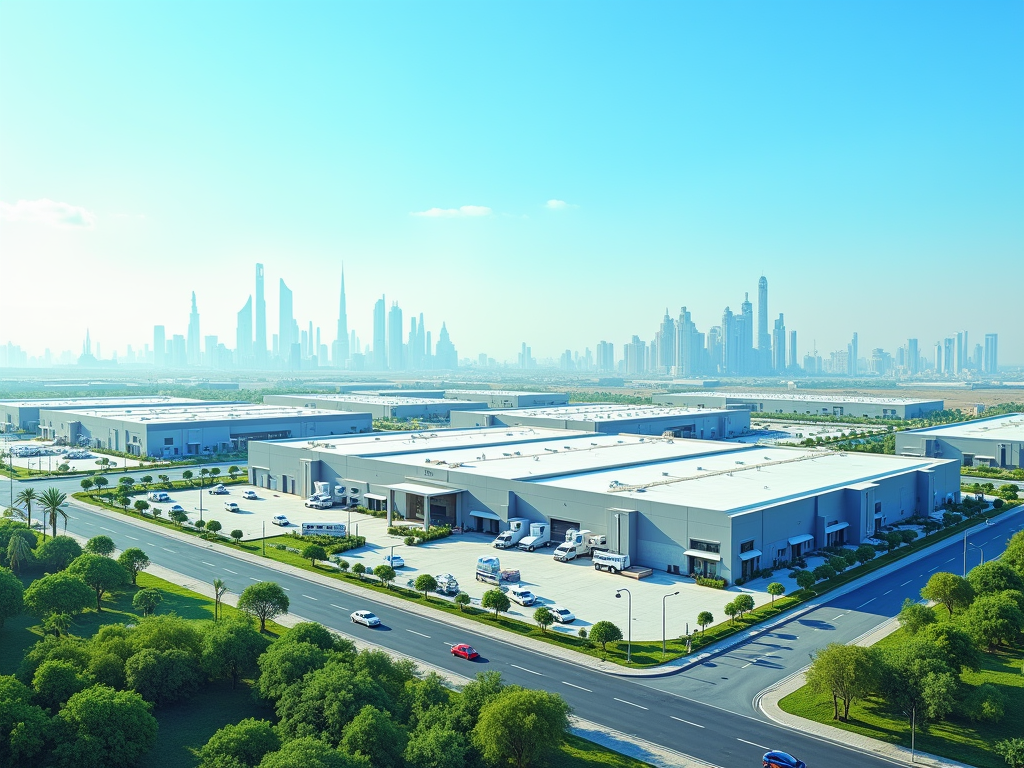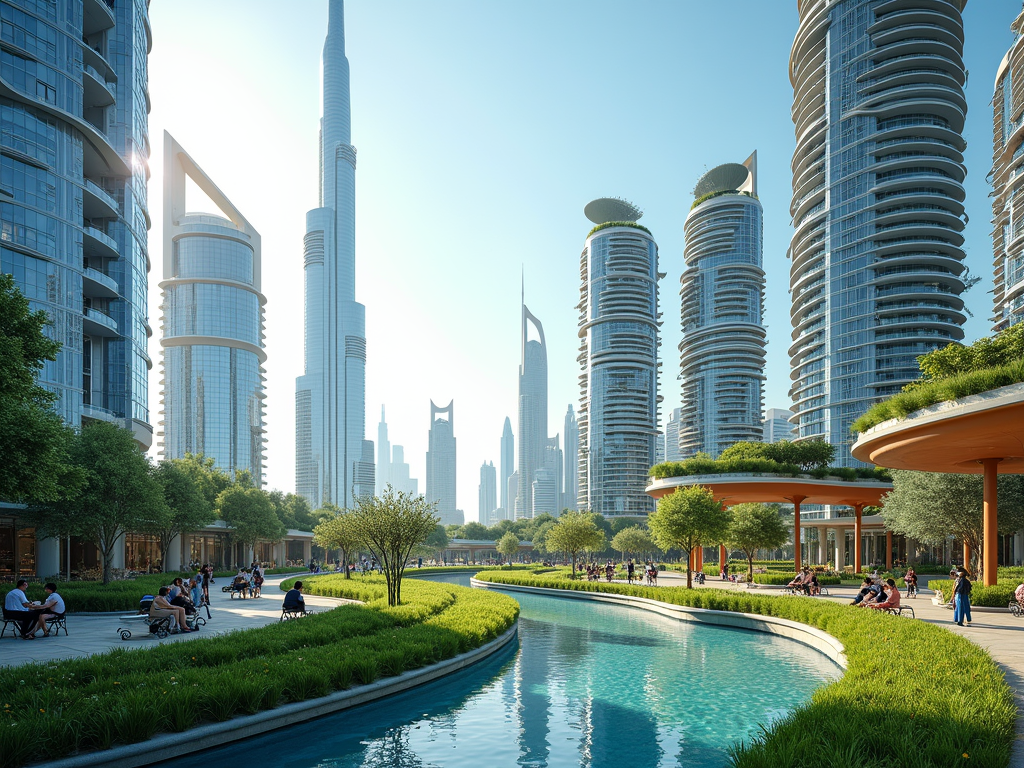
How to Invest in Dubai’s Industrial Parks
Investing in Dubai’s industrial parks offers a lucrative opportunity given the city’s strategic location, developed infrastructure, and supportive government regulations. This article outlines essential steps and insights into the process of investing in these dynamic spaces that cater to both local and international businesses. Understanding the landscape of industrial parks in Dubai is crucial for making informed investment decisions. From identifying the right industrial park to understanding legislative compliance, this guide will equip you with the necessary knowledge for a successful investment journey.
Understanding Dubai’s Industrial Parks

Dubai’s industrial parks are designed to accommodate various sectors, including manufacturing, logistics, and technology. They provide businesses with essential services and infrastructure that promote growth and innovation. The parks are strategically located, often near transport hubs such as ports and airports, facilitating easy access to global markets. Additionally, the parks are equipped with modern facilities and state-of-the-art utilities, ensuring that companies can operate efficiently. Here are some key characteristics that make Dubai’s industrial parks attractive:
- Tax exemptions for certain businesses
- Easy access to transportation networks
- Flexible leasing terms
- Supportive government policies
- Access to a diverse talent pool
Choosing the Right Industrial Park

Not all industrial parks are created equal; hence, selecting the appropriate one for your investment is crucial. The choice should depend on your business needs, target market, and operational requirements. Here are a few factors to consider:
- Location: Proximity to transportation hubs can significantly affect operational efficiency.
- Facilities: Ensure that the park provides the necessary utilities and infrastructure that suit your needs.
- Business Type: Some parks specialize in specific industries, which could benefit sector-related businesses.
- Regulatory Environment: Evaluate the compliance requirements and support services available for businesses.
- Cost: Assess the leasing costs and associated expenses to ensure they are within your budget.
Before making an investment, it’s essential to understand the legal framework governing industrial parks in Dubai. Each park may have specific regulations set by the government or the park management. Key regulations often cover business licensing, zoning laws, and land use. Seek professional legal advice to navigate these requirements effectively. You may also need to undertake the following steps:
- Obtain the necessary business licenses from Dubai’s Department of Economic Development (DED).
- Register with the respective free zone authority, if applicable.
- Comply with environmental regulations.
- Conform to safety and health standards set by local authorities.
Financing Your Investment
Financial planning is critical when investing in Dubai’s industrial parks. Various financing options are available, including bank loans, private equity, or even partnerships. Assess your capital structure to determine the best fit for your investment landscape. Additionally, consider the following when seeking financing:
- Understand Your Investment Needs: Identify how much capital you need for leasing, setup costs, and operational expenses.
- Explore Local Financing Options: Banks in Dubai offer competitive lending rates for businesses looking to invest in industrial spaces.
- Consider Government Grants: Some parks offer incentives such as grants or subsidies that can ease financial burdens.
- Evaluate Partnership Opportunities: Collaborating with local or international partners can provide additional funding and reduce investment risks.
Conclusion
Investing in Dubai’s industrial parks presents a wealth of opportunities for both local and foreign businesses. With a strategic approach that includes selecting the right park, understanding legal requirements, and securing financing, you can position your investment for success. As you embark on this journey, remember to conduct thorough research and seek professional guidance to ensure that all aspects of your investment are well-managed. The industrial sector in Dubai is on a growth trajectory, and engaging in this market can offer substantial returns.
Frequently Asked Questions
1. What types of businesses can benefit from investing in Dubai’s industrial parks?
Dubai’s industrial parks cater to a wide range of industries, including manufacturing, logistics, technology, and trade. Businesses looking for modern infrastructure and strategic location will find these parks advantageous.
2. Are there any tax incentives for businesses investing in industrial parks in Dubai?
Yes, many industrial parks in Dubai offer tax exemptions for businesses, especially in free zones, which can include benefits such as 100% foreign ownership and exemption from corporate taxes for a specified period.
3. What is the process for obtaining a business license in Dubai’s industrial parks?
The process typically involves applying through the Department of Economic Development, securing approvals from the relevant free zone authority, and submitting necessary documents, such as a business plan and identification papers.
4. Can foreign investors fully own businesses in Dubai’s industrial parks?
Yes, in many of Dubai’s free zone industrial parks, foreign investors are allowed 100% ownership of their businesses, which is an attractive feature for international investors.
5. What are common operational costs associated with investing in industrial parks?
Common operational costs include leasing fees, utility charges, employee wages, maintenance expenses, and compliance-related costs. Investors should factor these into their financial planning.

